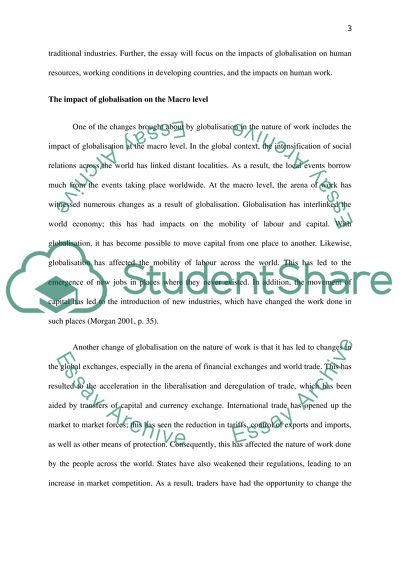Cite this document
(“To what extent has globalisation changed the nature of work Essay”, n.d.)
To what extent has globalisation changed the nature of work Essay. Retrieved from https://studentshare.org/history/1399968-to-what-extent-has-globalisation-changed-the
To what extent has globalisation changed the nature of work Essay. Retrieved from https://studentshare.org/history/1399968-to-what-extent-has-globalisation-changed-the
(To What Extent Has Globalisation Changed the Nature of Work Essay)
To What Extent Has Globalisation Changed the Nature of Work Essay. https://studentshare.org/history/1399968-to-what-extent-has-globalisation-changed-the.
To What Extent Has Globalisation Changed the Nature of Work Essay. https://studentshare.org/history/1399968-to-what-extent-has-globalisation-changed-the.
“To What Extent Has Globalisation Changed the Nature of Work Essay”, n.d. https://studentshare.org/history/1399968-to-what-extent-has-globalisation-changed-the.


